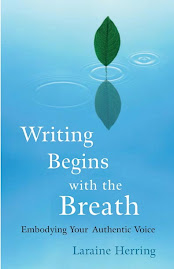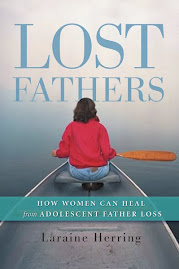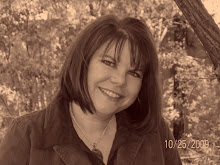Perspective is everything. This year and this decade have brought many challenges to us. I have been fortunate. The "aughts" have been the best decade of my life. This past year has brought good health, artistic fruition, and deeper relationships. But it hasn't always been this way, and it won't always be this way. Sometimes I'll feel like the cat out on the edge of the antenna all alone. Other times, I'll have the perspective to see that the cat is not all alone, the antenna is not without support, and the light is not as thin as I think.
I spent all day on Saturday re-reading Truman Capote's In Cold Blood. I'm teaching it next semester. My late friend Jeffrey adored Capote, and for moments of the afternoon, it was like we were still sitting together drinking tea and talking about literature. I went to his website, which I do from time to time, only to find that it has returned to the realm of Available Domain names. He's still flourishing on Facebook, though, and every month or so Facebook urges me to 'reconnect' with him. Once in awhile I wonder how many e-mails are unread in his in-box, how many messages unheard on his voice mail.
I am leaving tomorrow for Massachusetts to teach at Kripalu. I am looking forward to heated floors, watching winter from indoors, and working with new students. I am also tired, so the trip will give me an opportunity to work with maintaining balance and stability.
This year crashed me into middle age, and I notice more spots decorating my hands, more lines under my eyes, and more cricks in my joints. I also notice more calmness and acceptance, less striving and struggling, more ease and softness. I stretch and move and shake. I sleep deeper. I have always been hyper aware of the impermanence of life. I have felt it more this year. I have watched friends and family struggle with illness and death. I have surrendered my hopes of shopping in the junior department ever again, and I don't find anyone in the cast of Twilight attractive. Such boys! I think. Sigh. Last night we watched Say Anything. I fell in love with John Cusack in 1989 with that movie. It held up OK, but wow, he looked so young. Such boys! Sigh.
This poem below was written by Jeffrey in 2008, a few months before he died. For those of you not from around these parts, Jerome is an old mining ghost town in Arizona. It's become somewhat of an artist's colony now.
::: Jerome, AZ :::
Slowly, stealthily, buildings slink away from their foundations.
Jerome's streets are cracked and crumbled lengths as if great, concrete serpents had
shed old skins
as they crept
up and down the mountainsides.
shed old skins
as they crept
up and down the mountainsides.
Buildings stand close together, like elderly friends
offering the promise of support,
which they could never actually provide.
offering the promise of support,
which they could never actually provide.
Webs of weakness lattice entire walls
shifting with the light, from tiny plaster faults to grand lace designs.
shifting with the light, from tiny plaster faults to grand lace designs.
Entire buildings have moved throughout the years
giving an all too literal interpretation to the phrase,
“There goes the neighborhood”.
giving an all too literal interpretation to the phrase,
“There goes the neighborhood”.
Houses tilt toward cliffs and tease us
into imagining their futures as rubble.
into imagining their futures as rubble.
Tourists, from places thought of as permanent, come
to see this curious town.
to see this curious town.
Of course, if they had the time
they could simply wait for Jerome
to go wandering and perhaps
even come to them.
they could simply wait for Jerome
to go wandering and perhaps
even come to them.
- Jeffrey Hartgraves
There is a grace which comes from being who you are where you are, and a tension that comes from resisting it. In 2010, I wish you profound grace.


















































